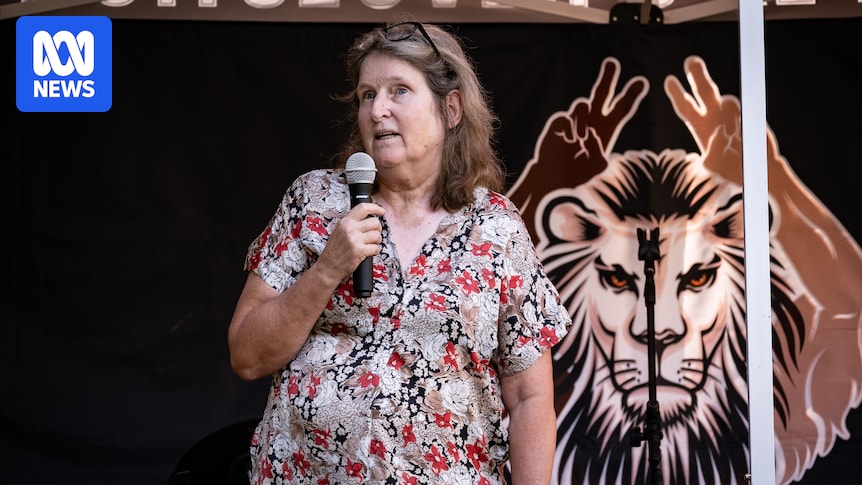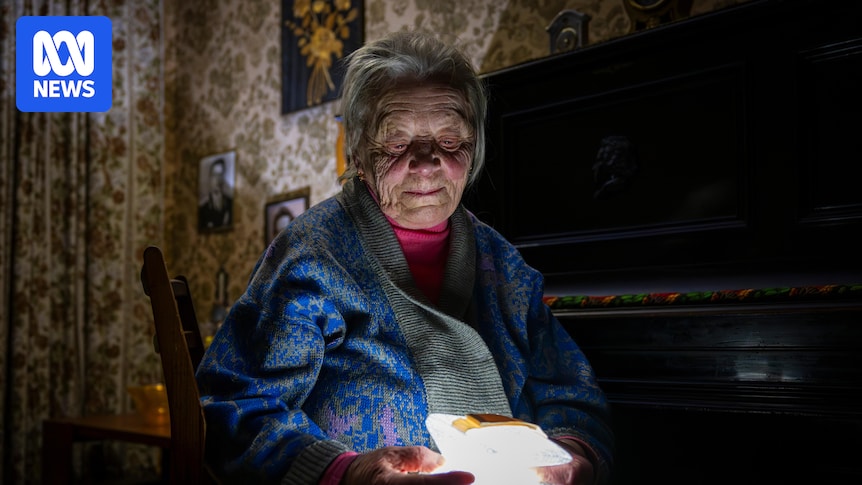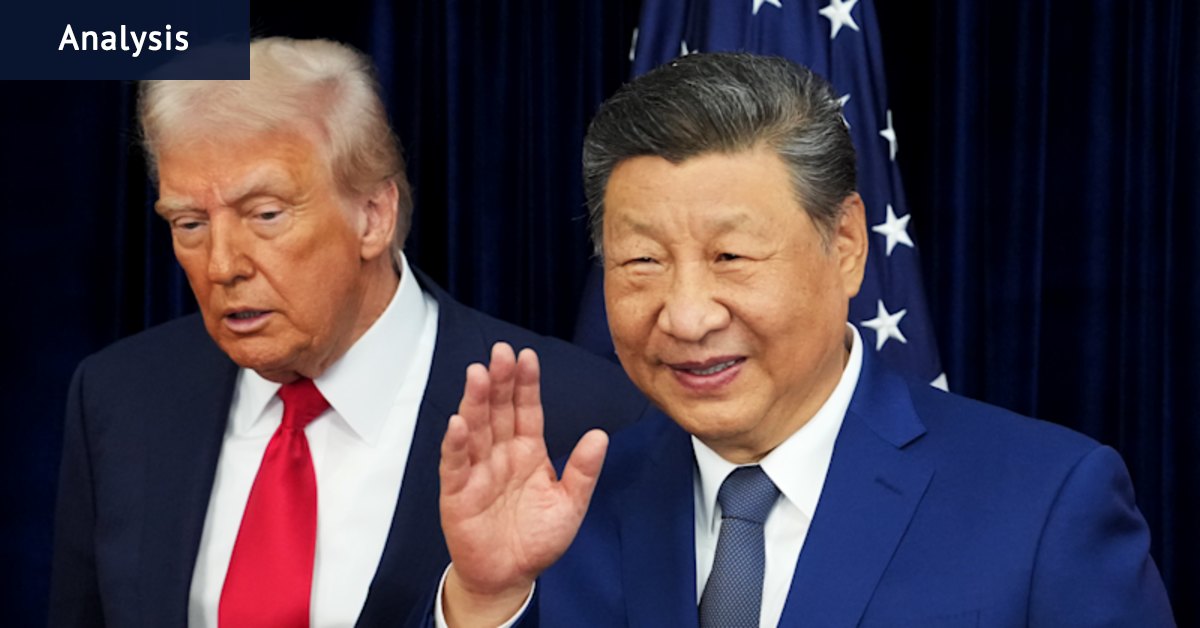
The University of Queensland is under scrutiny as its academics have been accused of spreading conspiracy theories and misinformation regarding fire ant treatments and vaccines. This controversy arises amidst criticism from Australia’s fire ant authorities, who have labeled comments by UQ researcher Dr. Conny Turni as “ignorant” and “misinformation.”
Dr. Turni has claimed that chemicals used in fire ant bait cause an estrogenic effect in humans and harm “all living things,” assertions that have been debunked by Australia’s pesticide regulator. She further alleged that the National Fire Ant Eradication Program is ignoring the potential human health risks of fire ant treatments for financial gain. “They will dispute that because they want to do this, they’re getting money to do this, and they only get money to do this if they call it eradication,” Dr. Turni told the ABC. “We have been labelled conspiracy theorists because we’ve been speaking out.”
Academic Freedom or Irresponsibility?
Dr. Turni, alongside colleagues Dr. Peter Parry and Dr. Nick Hudson, has co-authored papers questioning vaccines, despite none of them being medical researchers. Their expertise lies in agricultural microbiology, child psychiatry, and agricultural metabolic biochemistry, respectively. One of their papers is co-authored with Children’s Health Defense, a discredited American anti-vaccine group.
The University of Queensland has defended its academics, citing a policy of academic freedom of speech. “The university is committed to the fundamental principles of freedom of speech and academic freedom,” a spokesperson said. “This means that views expressed by academic staff do not always reflect those of the university, or the broader research community.”
Industry and Expert Reactions
The Australian Pesticides and Veterinary Medicines Authority has declared fire ant bait safe for humans and other mammals, given its low dosages of insect growth regulator chemicals. National Fire Ant Program general manager Marni Manning criticized Dr. Turni’s claims, stating they lack credible scientific support. “I’m at a loss for words. I find it irresponsible and it’s actually quite ignorant of what the program is doing,” she remarked. Manning questioned whether the University of Queensland is concerned about the potential reputational damage.
Reece Pianta, advocacy manager at the Invasive Species Council, emphasized the risks of misinformation. “Misinformation does risk slowing down fire ant eradication, delaying action, making it harder for officials to access properties to do the work they need to do,” he noted.
Concerns Over Vaccine Misinformation
The paper co-authored by Dr. Turni, Dr. Parry, and Dr. Hudson references non-medical sources, including Substack blogs and conspiracy theory websites. It also cites the International Journal of Vaccine Theory, Practice, and Research, a journal widely discredited in the medical community.
Dr. Parry has expressed concerns over “DNA vaccine technology,” claiming it enables government control over populations. “Manipulation and repression of data, and censorship of contrarian evidence-based opinion, even if well-intentioned, have created an historic public health disaster,” he wrote. “Failure of authorities to act may represent the phenomenon of ‘wilful blindness’ to the red flags of surveillance.”
Mark Morgan, chair of quality care at the Royal Australian College of General Practitioners, stated, “There are strong moral and ethical reasons to be very careful that medical publications present information that is accurate and unbiased. In the case of vaccines, children’s lives can be lost because the public is exposed to unbalanced articles dressed up as scientific papers.”
Implications and Future Considerations
This controversy highlights the ongoing tension between academic freedom and the responsibility of institutions to ensure that their platforms are not used to disseminate misinformation. The University of Queensland’s stance on academic freedom may come under further scrutiny as the debate over the role of universities in public discourse continues.
As misinformation continues to pose challenges in both public health and environmental management, experts stress the importance of relying on peer-reviewed science and expert opinions. The situation underscores the need for clear communication and transparency from both academic and regulatory bodies to maintain public trust.
The University of Queensland may need to reassess its policies to balance academic freedom with its reputation and responsibility to the public. Meanwhile, the broader scientific community must remain vigilant in countering misinformation to protect public health and safety.





